Imposter Syndrome in Leaders (and Everyone Else)
Have you ever felt like you don’t belong in the position you’re in? Do you have a habit of doubting your decision-making skills and second-guessing your abilities? If you answered yes, you may be dealing with a case of Imposter Syndrome. An article in the Harvard Business Review defines it as, “...doubting your abilities and feeling like a fraud. It disproportionately affects high-achieving people, who find it difficult to accept their accomplishments.” Sound familiar? You’re not alone.
When we’re younger we become subconsciously conditioned by our environment. Those of us who have internalized the cycle of good-grades-equal-praise may be the ones to seek out a constant tuning of professional skills. Now that we’ve grown out of receiving 100s on a quiz, promotions to Class President, or Captain of the soccer team, we feel a lack of commendation.
A TIME article asks psychologist Audrey Ervin to comment on the topic. “People often internalize these ideas: that in order to be loved or be lovable, ‘I need to achieve,’” says Ervin. “It becomes a self-perpetuating cycle.” And now, instead of looking up to our mentors (teachers, parents, coaches, etc.), we’ve begun to fill those roles within ourselves.
The first step in dealing with Imposter Syndrome (as is true with any “problem,”) is to acknowledge it. Remind yourself that there is more than one way to be. There are a million different ways to accomplish a task. In many cases, you may not accomplish it the way you anticipate. A public speaker, for example, may not ever feel like the best speaker in the room, but instead finds ways to use that discomfort to add more authenticity and vulnerability.
“People who don’t feel like impostors are no more intelligent or competent or capable than the rest of us. It’s very good news, because it means we just have to learn to think like non-impostors.”
In my business, I see clients who have the same goal but take completely different journeys to achieve it. It doesn’t mean one way was better than the other, even if one client attains her/his/their goal more quickly than another. Any step to revealing your authentic self is a step away from imposter syndrome and toward fulfillment.
In the beginning, it was very difficult for me to actually call myself a coach. I would always position my career as someone who “helps people in leadership positions.” It’s silly but I thought by telling people I was a Leadership Coach someone would call me out by demanding my resume (which is one of the reasons why, in addition to genuinely wanting to serve clients at the highest level, I have sought out so many certifications).
Gaining experience in my field has helped relieve me of this, to be sure. What has helped the most? Owning that this work is my soul work. It is why I am here, I have purpose in this field. By allowing my inherent gifts to guide me during every session, staying humble, and nurturing a beginner's mind, I find that anxiety plagues me less and less. It is not my experience in the field that provides the confidence. Rather, it is the knowing that I will always be able to find my way through service and striving for excellence.
So I urge you to challenge the imposture voices in your head.
Shame is a liar, and perfectionism is a thief.
Practice being true to your most authentic self, and witness the exodus of those pesky villains in favor of peace and confidence.
Need some help with that? I have included that handy little button below. ;)


